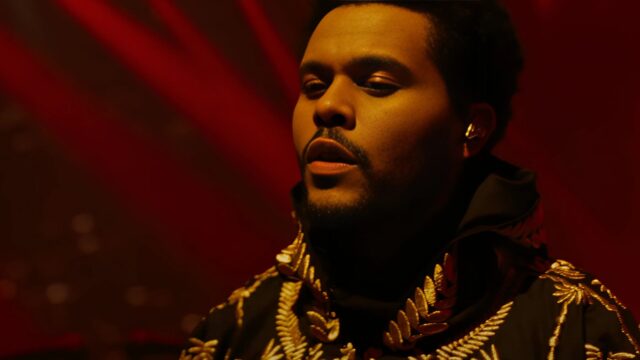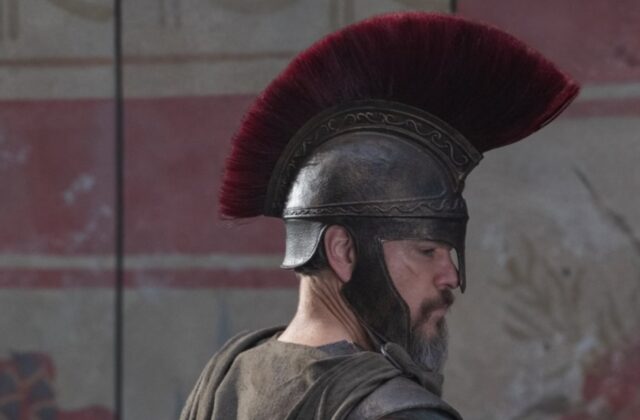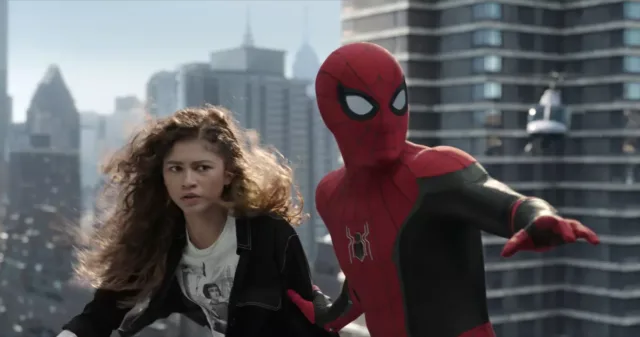Redefining Film Classification: The Evolutionary Journey of Mary Poppins
The British Board of Film Classification (BBFC) recently upgraded the rating of the beloved children’s musical Mary Poppins to PG in Britain due to “discriminatory language” in the film.
During Mary Poppins, characters use an offensive racial slur to describe an Indigenous group in South Africa in two instances. The first occurs when Admiral Boom questions Michael about confronting this group. Later, the slur is repeated during a chimney sweep dance scene where Admiral Boom claims to be under attack. Notably, the figures perceived as attackers are white dancers with faces darkened by soot, not Black Africans.
In 1964, the BBFC initially rated Mary Poppins as “U” for Universal, maintaining this rating for a theatrical re-release in 2013. However, during another theatrical release in February, the BBFC reclassified it as PG.
Mary Poppins is trending because instead of editing dated language, they have kept it exactly the same but shifted the rating from a U to PG – seems sensible to me.
— The Dobson Family and Colin the Dalek (@DobbersW) February 26, 2024
Chitty Chitty Bang Bang on the other hand should get an 18 certificate as this guy still gives me the willies. pic.twitter.com/DM0Q5S8Lrv
In Britain, the PG rating is the second least severe among six ratings, with the strictest being 18. The 18 rating restricts individuals under that age from renting, purchasing, or viewing the film in movie theaters.
The unexpected rating change for Mary Poppins surprised many. It reflects a broader trend of films undergoing reclassification and reevaluation to align with evolving cultural values and norms.
The BBFC upgraded the rating of Santa Claus: The Movie (1985) to PG in 2023 due to mild violence and language. Similarly, Star Wars: Episode VI — Return of the Jedi (1983) had its rating elevated to PG for moderate violence.
Conversely, films can also experience lowered ratings, as with Enter the Dragon (1973) and Friday the 13th (1980), now classified as 15.
In the United States, a similar re-evaluation of films and TV shows is ongoing. In 2020, HBO Max temporarily removed Gone with the Wind, which was criticized for its portrayal of race. Likewise, episodes of 30 Rock, It’s Always Sunny in Philadelphia, and Scrubs featuring characters in blackface have been removed from streaming platforms.
Mary Poppins has its age rating lifted from U to PG because of 'discriminatory language'
— 1775 (@Mar50cC5O) February 26, 2024
Go figure, The issue relates to the use of the word Hottentots a term regarded as racially offensive to the Khoikhoi people pic.twitter.com/V7UqVSxoEI
Disney+ took proactive steps in 2021 when they added content disclaimers to episodes of The Muppet Show to encourage dialogue.
Publishers have also recently revised books, Roald Dahl’s estate changed or removed potentially offensive words in at least 10 of the author’s children’s books in 2023. The most notable being Charlie and the Chocolate Factory and Matilda.
The recent reevaluation of the film’s classification highlights evolving standards and sensitivities within contemporary society. It reflects an ongoing commitment to ensure that cultural content is both inclusive and respectful to all audiences.







